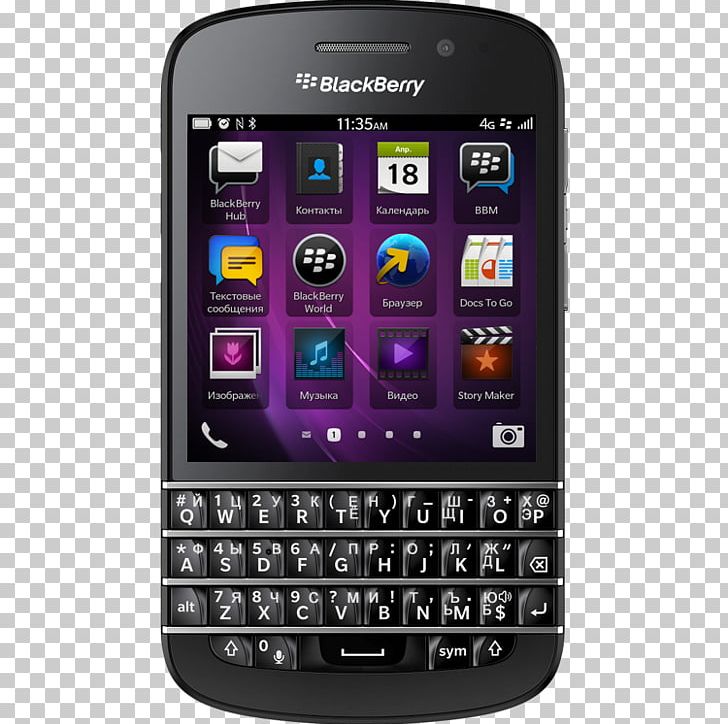

On 7 November 2007, Opera Mini 4 was released. A second beta was released on 22 November, and on 28 November, the final version of Opera Mini 3 was released. Content folding works by folding long lists such as navigation bars into a single line that can be expanded as needed.

On 1 November 2006, Opera Mini 3 beta introduced secure browsing, RSS feeds, photo uploading and content folding into its list of features and capabilities. It included new features such as the ability to download files, new custom skins, more search engine options on the built-in search bar, a speed dial option, new search engines, and improved navigation. After the final version was launched in Germany on 10 November 2005, and quietly released to all countries through the Opera Mini website in December, the browser was officially launched worldwide on 24 January 2006. It was introduced on 10 August 2005, as a pilot project in cooperation with the Norwegian television station TV 2, and only available to TV 2 customers.Ī beta version was made available in Sweden, Denmark, Norway, and Finland on 20 October 2005. Opera Mini was originally intended for use on mobile phones not capable of running a conventional Web browser. Opera Mini was derived from the Opera web browser for personal computers, which has been publicly available since 1996. This represented an increase of 25 million users from September 2012. In February 2013, Opera reported 300 million unique Opera Mini active users and 150 billion page views served during that month. In July 2012, Opera Software reported that Opera Mini had 168.8 million users as of March 2012. However, interactive sites which depend upon the device processing JavaScript do not work properly. The pre-processing increases compatibility with web pages not designed for mobile phones.

The compression ratio is 90% and the transfer speed is increased by two to three times as a result. The compression server processes and compresses requested web pages before sending them to the mobile phone. Opera Mini requests web pages through Opera Software's compression proxy server. Opera Mini was derived from the Opera web browser. As of 2022, the Android build is the only version still under active development. It was previously developed for iOS, Windows 10 Mobile, Windows Phone 8.1, BlackBerry, Symbian, and Bada. It was primarily designed for the Java ME platform, as a low-end sibling for Opera Mobile, but it is now developed exclusively for Android. Opera Mini is a mobile web browser made by Opera. Nokia X family, Samsung feature phones, devices by Celkon, Karbonn, Lava, Intex, Fly, Zen, HCL ME, and other manufacturers



 0 kommentar(er)
0 kommentar(er)
